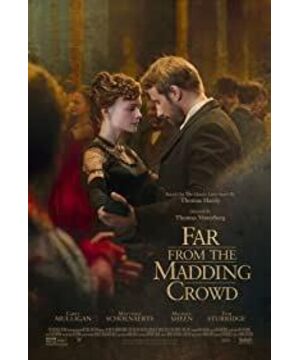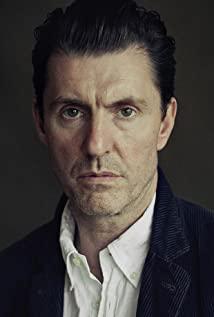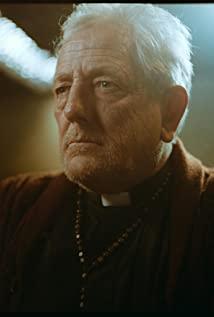The heroine was very lucky. In that era, the three men appeared one after another to help her figure out what kind of love she wanted.
I like the male one the most. He has the toughness and roughness rooted in the soil, which is the most primitive vitality. At first his love show was very routine, but since then every time the heroine wants his opinion, he has only one sentence: do what you like to do. The heroine may sometimes be angry at this answer, but he is still full of his own restraint and persistence. But outside of language, when she needed it most, he didn't mind standing by her side, silently supporting and helping her. This kind of help is something that neither the second male nor the third male can give the female lead, but it is the most real need of the female lead, and even the female lead herself does not know it. And it wasn't until the last moment when he was about to leave that the heroine realized that she had already fallen deeply in love with him.
No doubt the second male also consciously loves the female protagonist deeply. In his aristocratic stylized and boring life, there has never been such a woman with vitality. But unfortunately, this does not change the fact that he has no vitality. So even though the second marriage proposal he actually used was to help her repay the debt, and the language used to protect her, love her, and he could accept that she didn't love him - I think this is a very thorough transfer of power in love. Well, even if the shooting hadn't happened, I'm sure they wouldn't have been together. Because apart from love itself, he could not give her a fresh desire for life itself.
The appearance of the third male is just right. On the one hand, the female protagonist thinks that she disdains the sweet words of the soldiers, and on the other hand, she immerses herself in it - really like what every confident or conceited woman does. The heroine's self-awareness is very strong, and even in occasions like wedding dinners, which are often easy to forget, she can realize that they are different. But it may be precisely because of the arrogance brought by that confidence, she hopes to get his love, and she is unwilling to accept that she worships a woman who has gone to the wrong church. Until the woman dies, she should understand that she can no longer defeat a dead woman. People, she can only lose this game.
In the 19th century, "Far From the Madness" and "Gone with the Wind" in the 20th century, there is a strong vitality that women draw from the land. If you put aside the age, "Gone with the Wind" seems to be better, in addition to love and friendship, the relationship with two men is also more layered. But if you go back to that era, perhaps "Far from the Madness" is more epochal value.
View more about Far from the Madding Crowd reviews











